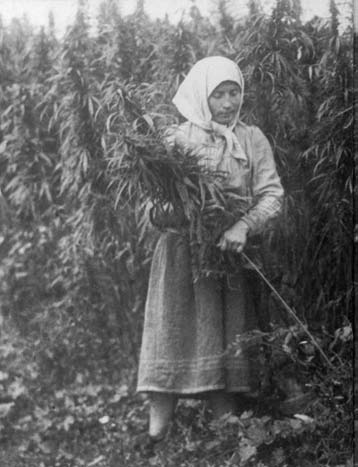Opinions on some points gleamed from new (to me) messages.
re: RPGs
One pretty vital detail is that the USSR of OTL was much more favorable to science fiction than fantasy. When Zinaida Bobyr made the very first Russian translation of
Lord of the Rings into Russian in 1966, she added a framing device featuring characters lifted directly from Stanisław Lem's
Eden where the alien "ring" artefact was studied and concluded to be some sort of a device that contained information from a different civilisation. This framing included a letter allegedly written by Tolkien and another Tolkien allegedly received from his friend who worked at "Problem Research Institute in Derbyshire." The translation wasn't published even in that way, as the book was thought of as "anti-Soviet". (Russian magazine
Mir Fantastiki offers a thorough article on Bobyr's translation, including the framing parts she wrote that had not been published anywhere until this point;
link in Russian).
Science fiction, meanwhile, was widely published and promoted, with USSR being one of the few places which downplay the "
sci-fi ghetto" trope. The works of Jules Verne and H. G. Wells were very popular in the USSR.
Yakov Perelman, writer of popular science books that have always been selling very well and still can be found in bookstores, had dedicated some of his work to the idea of space flight long before it was realized, and it was also a part of the House of Entertaining Science that was his concept (
Russian Wikipedia article; it's called a museum there, but, judging from Grigoriy Mishkevich's biography of Perelman, it was much more interactive than your usual museum of the time).
So, maybe that's the direction you could go in? It'd certainly be unusual.
re: hemp
Russia has a long history with hemp, actually. Hemp is very versatile and can be produced into many different things aside from drugs. But if it is made into a legal drug, it could be promoted as an alternative to tobacco, since some studies claim that it's way less damaging to one's health. Imagine Belomorkanal marijuana.
And, hey, as long as the
heracleum fiasco does not happen, I'm fine with various agricultural developments.
